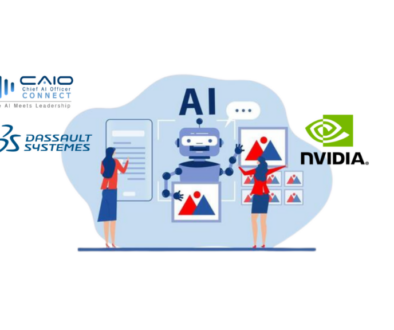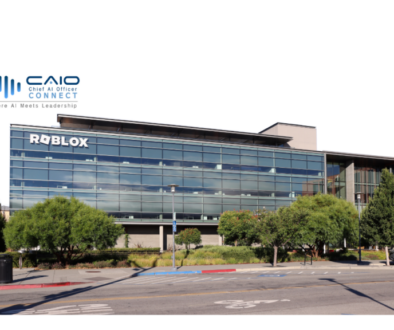The $300 Million Bet on AI Scientists: Can Robots Revolutionize Discovery?
What happens when you combine the brightest minds from OpenAI and DeepMind with a $300 million seed round and an audacious goal? You get Periodic Labs, a startup that emerged from stealth this week with a mission that sounds like science fiction: automating scientific discovery itself.
The Dream Team Behind the Vision
Founded by Ekin Dogus Cubuk and Liam Fedus, Periodic Labs brings together an impressive pedigree of AI expertise. Cubuk previously led the materials and chemistry team at Google Brain and DeepMind, where his work on GNoME discovered over 2 million new crystals that could power future technology. Fedus, a former VP of Research at OpenAI, was instrumental in creating ChatGPT and led the team that built the first trillion-parameter neural network.
The backing is equally stellar—Andreessen Horowitz, DST, Nvidia, Accel, and tech luminaries including Jeff Bezos, Eric Schmidt, and Jeff Dean have all invested in this ambitious venture. That level of support signals serious belief in the potential of AI-driven scientific discovery.
Building Autonomous Laboratories
So, what exactly will Periodic Labs do with all that funding? The startup plans to create laboratories where robots conduct physical experiments autonomously- mixing materials, heating compounds, collecting data, iterating on results, and continuously learning and improving through trial and error. Think of it as ChatGPT, but instead of generating text, it’s generating breakthrough materials through real-world experimentation.
Their initial focus is developing new superconductors that could outperform existing materials while potentially requiring less energy. But superconductors are just the beginning. The real prize is establishing a new paradigm for materials discovery that could accelerate innovation across countless industries.
Why This Matters Now
The timing of Periodic Labs’ emergence is significant. As the company notes, scientific AI advances have historically relied on models trained on internet data, but large language models have essentially exhausted the internet as a training source. The next frontier requires generating entirely new data—and what better way than through systematic physical experimentation?
This is where Periodic Labs’ vision becomes truly revolutionary. Not only could these autonomous labs invent next-generation materials, but they would produce invaluable fresh data that AI models can consume to continue their evolution. It’s a self-reinforcing cycle: better AI leads to better experiments, which generates better data, which trains better AI.
Part of a Larger Movement
While Periodic Labs may have assembled one of the most impressive teams for this purpose, they’re not alone in pursuing AI scientists. The field has attracted academic researchers, tiny startups like Tetsuwan Scientific, nonprofits like Future House, and institutions such as the University of Toronto’s Acceleration Consortium.
This growing ecosystem suggests we’re at the cusp of a fundamental shift in how scientific discovery happens. The traditional model of human scientists conducting experiments, analyzing results, and formulating hypotheses could be dramatically accelerated—or even transformed—by AI systems capable of running thousands of experiments in parallel, learning from failures, and spotting patterns invisible to human researchers.
The Road Ahead
With $300 million in the bank and a team of proven innovators, Periodic Labs has the resources to turn this ambitious vision into reality. Whether they succeed in creating truly autonomous AI scientists remains to be seen, but one thing is certain: the future of scientific discovery is being reimagined, and we’re witnessing the first chapter of that transformation unfold.



